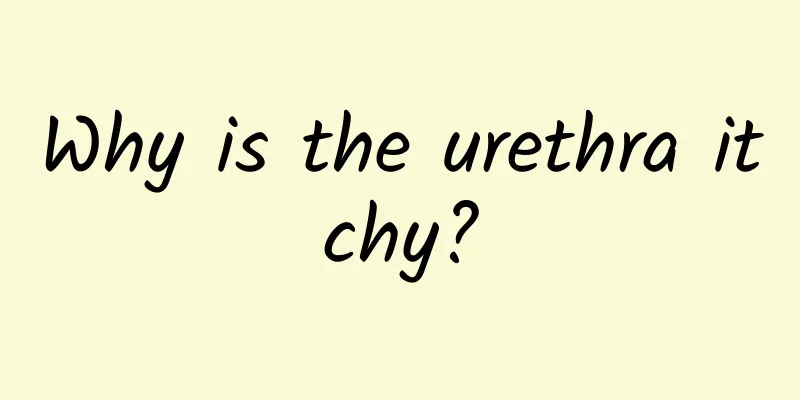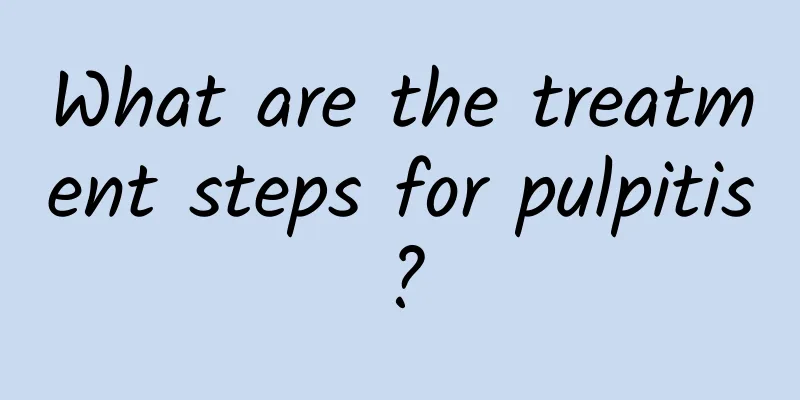What are the reasons for loose teeth?

|
There are many reasons for the soreness, softness and looseness of teeth, which are mainly caused by adverse external stimuli, such as hot, cold, sour and sweet, which often cause such symptoms. Of course, the fundamental reason for the soreness and softness of teeth is the excessive sensitivity of the dental nerves. For example, periodontal disease, trauma, micro-cracks of teeth, etc., will cause symptoms of soreness, softness and looseness of teeth when affected by adverse external factors. What are the reasons for loose teeth? The problem of loose teeth can be serious or minor, and it is best to get prompt diagnosis and treatment. There are many reasons for loose teeth, and the treatment methods for loose teeth caused by different factors are naturally different. 1. Periodontal disease If the loose teeth are caused by periodontal disease, if the looseness is mild, the periodontal disease can be cured and the teeth will return to normal. If the loose teeth are moderate, the loose teeth must be fixed. In more serious cases, extraction may be considered. 2. Trauma Loose teeth caused by trauma can usually be restored once the inflammation subsides. In more serious cases, the teeth will need to be fixed. The prevention of loose teeth is also mainly aimed at the related causes. Maintaining oral hygiene and conducting regular oral examinations and oral cleaning are very important measures to prevent oral diseases. In general, toothache is caused by external factors stimulating the teeth, leading to tooth allergies. Allergic teeth are generally not healthy teeth. The dentin of the affected teeth is exposed and is more sensitive to cold, heat, sourness and sweetness, and requires early treatment. When to brush your teeth and rinse your mouth: Brush your teeth in the morning, before breakfast, to give your teeth a protective layer and prevent them from being corroded by food. After eating (and also after snacking), rinse your mouth repeatedly to minimize food residue left in your mouth. If conditions permit, it is best to brush your teeth after lunch. Before going to bed at night, brushing your teeth is of utmost importance, even more important than the previous two times. Do not eat anything after brushing your teeth, including cigarettes and drinks (water is fine, but drinking too much water before going to bed will cause edema). How to brush your teeth correctly: Be gentle. The harder you brush, the cleaner it will not be. Brushing too hard will damage the gums and the natural protective layer on the teeth. The most appropriate force is: pinch the toothbrush with your index finger and thumb to ensure that you can hold the toothbrush firmly. When brushing your teeth, you should brush up and down and back and forth. Do not brush left and right, otherwise it will hurt your gums. Divide your teeth into areas and brush both the inside and outside of each area. |
<<: What is the cause of the central cusp of tooth deformity?
>>: What is the reason for the growth of meat balls on teeth
Recommend
How to rub your belly to help with bowel movements?
Many of us suffer from constipation in our daily ...
Do you believe it? Tongue can reveal signs of stroke
In addition to tasting delicious food, our tongue...
What effects does rickets have on children?
Rickets is generally caused by a lack of hygienin...
What to eat after abortion to remove blood stasis quickly
After a woman has just undergone an abortion, her...
What causes chapped and peeling lips?
In winter, due to the cold and dry weather, many ...
What does "clearing away heat and relieving exterior symptoms" mean? What are the commonly used medicines?
In the instructions of some common Chinese patent...
What's wrong with the cervical vertebrae pain?
Cervical pain is quite common in our daily life. ...
How to prevent the symptoms of hot and humid summer?
The temperature is high in summer, and people are...
What is the medicinal value of seaweed
The so-called nori is actually a very broad term....
What is the best food for urticaria
There is no specific group of people who suffer f...
Is it better to take Chinese medicine before or after meals?
We generally think it is better to take Chinese m...
Can patients with myocardial ischemia have sex?
Patients with myocardial ischemia can have an app...
What are the symptoms and treatments of kidney deficiency and low back pain?
Generally speaking, if people have kidney deficie...
Scars after facial surgery
Everyone should care about the appearance of thei...
What are the dangers of long-term hemorrhoids? How to deal with it?
When it comes to hemorrhoids, everyone must be fa...









